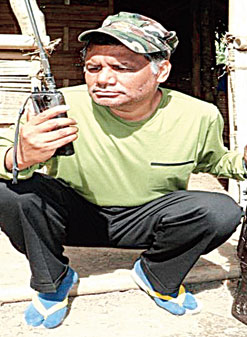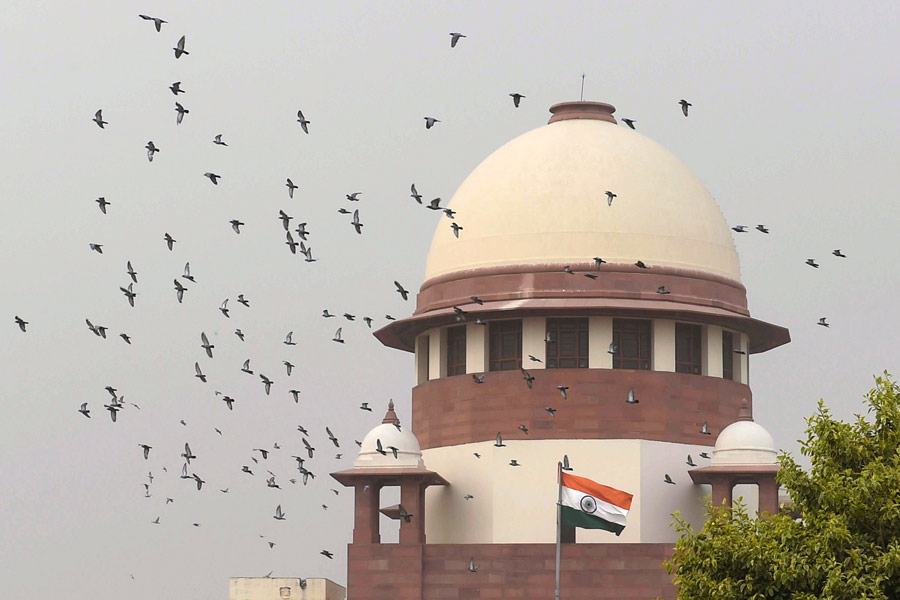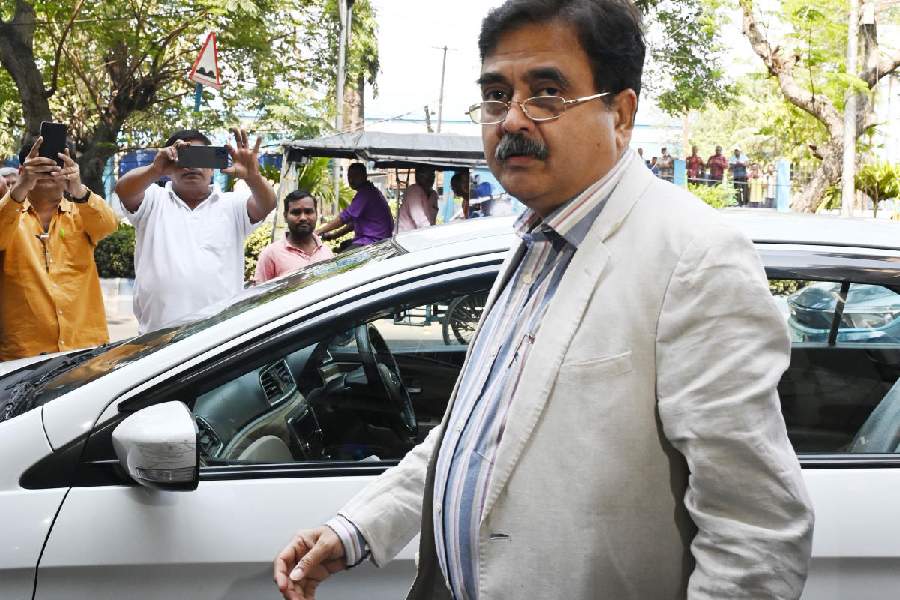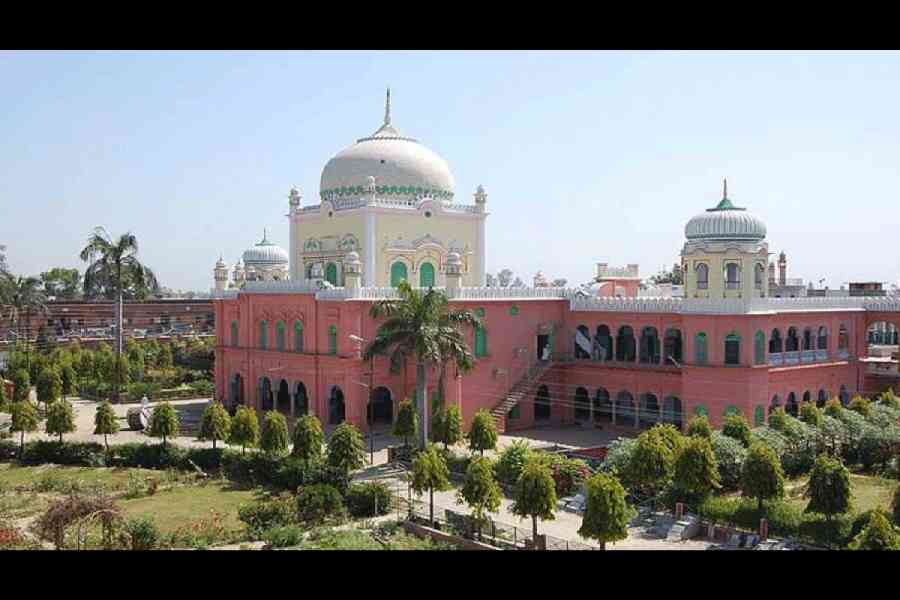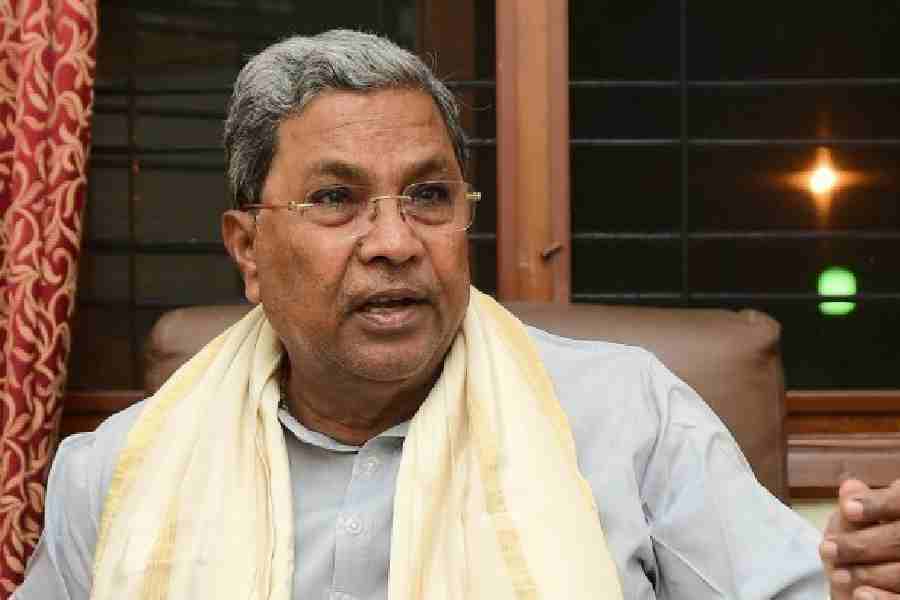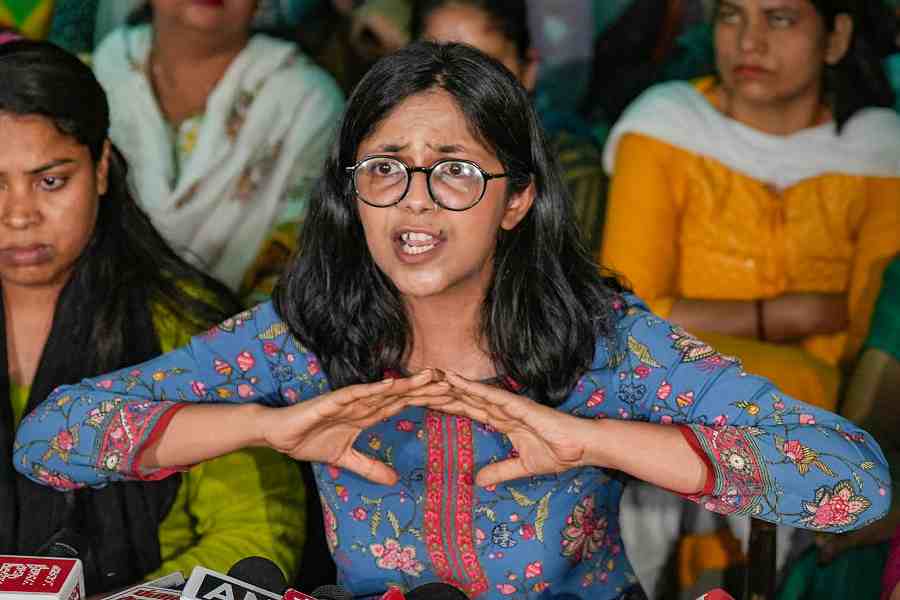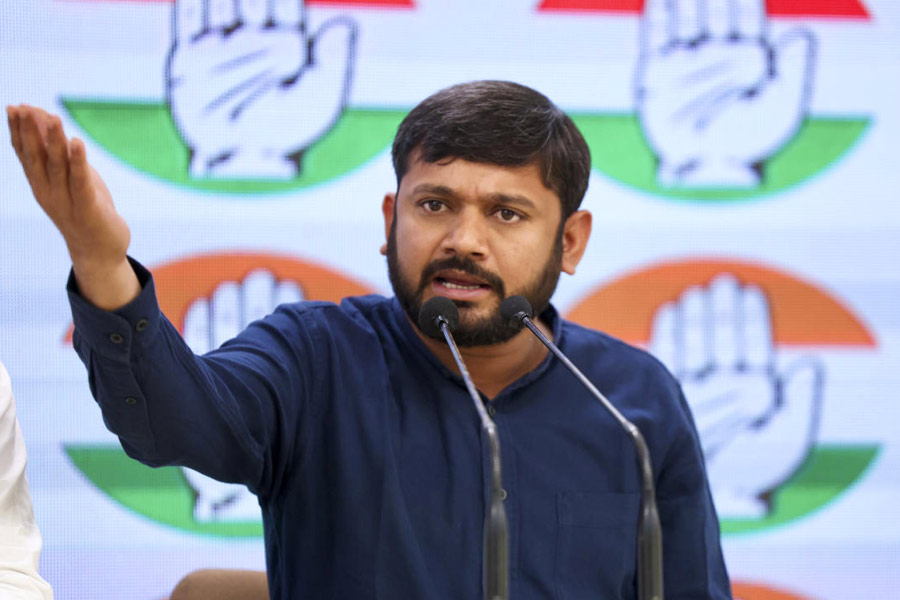Guwahati, May 2: Ulfa (Independent) leader Paresh Barua has said he was not left alone in the outfit's fight for "Assam's sovereignty", as was being speculated by many after his former colleagues, including chairman Arabinda Rajkhowa and Anup Chetia, were engaged in talks with the government.
"My organisation's fight is continuing at its normal pace. How I am alone? Avijeet Asom (chairman of Ulfa-I), Arunodoy Asom are there. We have the leaders that an organisation should have. If I am alone why is India spending so much of money in search of Ulfa members in the borders of Bhutan, Myanmar, China? Barua asked during an interview with Newslive, a Guwahati-based satellite news channel, taken in Myanmar recently. Part of the interview was aired this evening.

An Ulfa team led by Rajkhowa, who submitted their charter of demands in 2011, is slated to have their next round of talks with the government after a new one takes charge in Assam. Results of the Assam Assembly polls would be announced on May 19.
Formed in 1979, Ulfa has been demanding restoring "sovereignty of Assam", which was intact till the Yandaboo Treaty of 1826 when the British took control of the state from the Burmese rulers. Ulfa (I), led by Paresh Barua, continues with its "sovereign Assam" demand while the others, led by Arabinda Rajkhowa, are in talks with the government. Anup Chetia, the general secretary and Barua's cousin, joined Rajkhowa after he was extradited from Bangladesh and was subsequently released on bail for talks in December last year.
On why he was against peace talks, Barua said he was in favour of a respectful restoration of "sovereignty of Assam". "There can be talks on restoration of sovereignty which indigenous people of Assam enjoyed for 600 years (before the treaty). But talks can't be on restoring peace," he said. "When Narasimha Rao opened a chapter of talks (in 1992), we were asked for total submission for talks under the ambit of the Indian Constitution. We can't accept this slavery."?
On whether the 2004 killing of 13 people, including 10 children, in a bomb blast by Ulfa in Dhemaji district during the Republic Day celebrations was a mistake, Barua disagreed. "People should have been aware and we alerted people not to take part in programmes such as Republic Day. It is not our festival. We had repeatedly warned people that we would take steps (armed) to stop such celebrations. At the same time, people in power (in the government) should be blamed. They will stay secured and within metal detectors but will not provide such to the children just to victimise them," he said.
Barua's comment contradicted Rajkhowa, who had termed Dhemaji incident as Ulfa's biggest mistake and apologised to the families of the victims in 2011 soon after joining the peace process.
During the course of the interview, he also talked about how he was drawn towards armed movement, different developments within Ulfa and conflicts with security forces, besides other topics.

